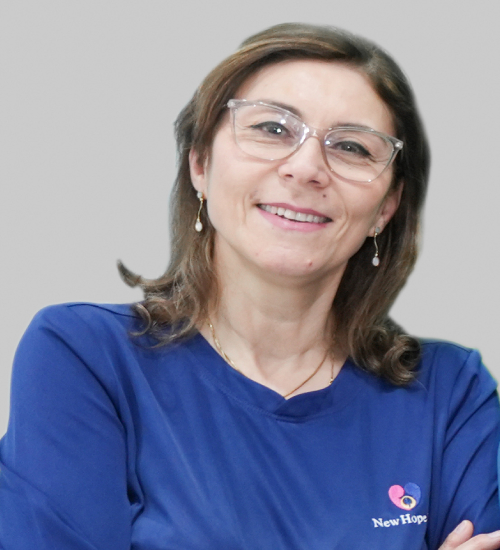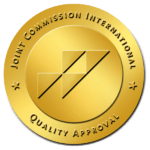IVF & ICSI
In Vitro Fertilization (IVF) is a process by which an egg is fertilized by sperm In Vitro or outside the body, in a laboratory. If the sperm fertilizes the egg, an is formed which is allowed to develop in the laboratory and is then transferred into the women’s uterus where it will hopefully implant and develop further. The main steps in an IVF cycle are:
- Controlled Ovarian Hyper-stimulation (COH) and Follicular Monitoring.
- hCG Trigger and Oocyte Retrieval.
- Oocyte Culture, Insemination and Fertilization in the IVF Laboratory.
- Embryo Transfer
Intracytoplasmic Sperm Injection (ICSI) takes the process one step further and involves the insertion of a single sperm directly into the cytoplasm of a mature egg (oocyte) using a special microinjection pipette (glass needle).
DO I NEED IVF?
IVF is indicated when alternative treatments are either unlikely to achieve a pregnancy or have failed to achieve a pregnancy or have failed to result in a pregnancy. If you have blocked fallopian tubes or extensive pelvic adhesions preventing the egg from entering the fallopian tubes, IVF is indicated.
Another common indication for IVF is low sperm counts. Because IVF allows us to super concentrate sperm, successful fertilization can occur even if your partner has low sperm counts.
Infertility is said to be “unexplained” if you are unable to conceive in spite of all tests being normal. In this case, IVF is an option if you have failed to conceive with Intrauterine Insemination (IUI).
IVF may also be advisable if you have Polycystic Ovaries (PCOS) and if ovulation induction with or without IUI has not been successful. If you have mild to moderate Endometriosis, IUI may be tried before proceeding to IVF, but in cases of severe Endometriosis, IVF may be advised directly.
DO I NEED ICSI?
Intracytoplasmic Sperm Injection (ICSI) has revolutionized the treatment of male infertility. ICSI is advisable if the male partner’s sperm count or number of motile sperm is very low or the morphology is excessively poor. Your Fertility Physician at New Hope will advise you if ICSI is recommended for you based on the results of the Semen Analysis and other risk factors.
ARE BIRTH DEFECTS MORE COMMON IN BABIES CONCEIVED USING IVF / ICSI?
The percentage defects with IVF is roughly the same as in the general population (3-4%). The chances of birth defects after ICSI are rare. Some of the problems that caused the male infertility, however, may be genetic. In these cases, boys conceived with the use of ICSI may have infertility issues as adults.
WHAT ARE THE HEALTH RISKS FOR WOMEN UNDERGOING IVF / ICSI CYCLES?
The drugs used during IVF/ICSI may on occasion cause side effects. There is a small but significant risk of Multiple Pregnancies, Ectopic Pregnancy, Pelvic Infection and rarely Injury to nearby organs. Controlled Ovarian Hyper-stimulation (COH) is associated with a risk of Ovarian Hyper-stimulation Syndrome (OHSS). Symptoms of OHSS include the following in varying degrees of severity : nausea, vomiting, diarrhea, extreme bloating, rapid weight gain, difficulty breathing etc.
These symptoms are closely monitored by our doctors to prevent the occurrence of hyper-stimulation.
WHAT ARE THE SUCCESS RATES:
Our success rates are among the best in the country. They are the result of years of experience and constant fine-tuning of our stimulation protocols, our laboratory culture conditions and our embryo transfer guidelines.
The most important factors determining the success of a cycle are the woman’s age and the reason for the infertility. We will be pleased to discuss your individual case history with you and provide advice that is tailored for you.
Meet Our Doctors
Our team
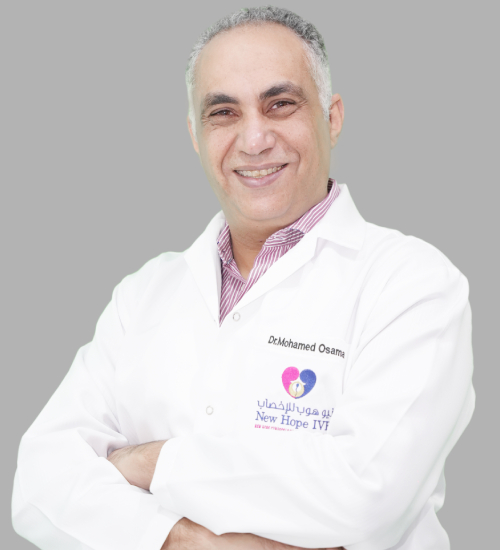
Dr. Mohamed Osama Taha
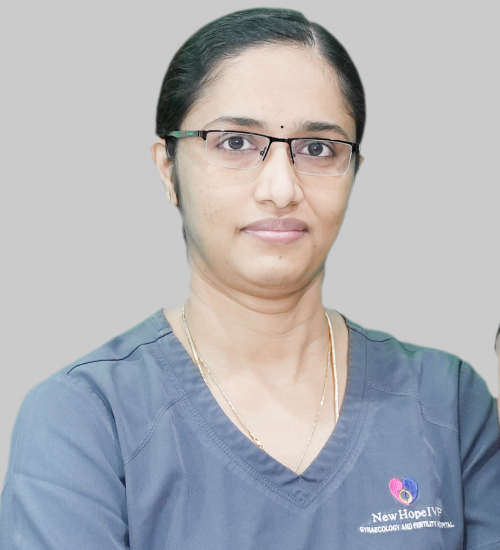
Dr. Gomathy Nachimuthu
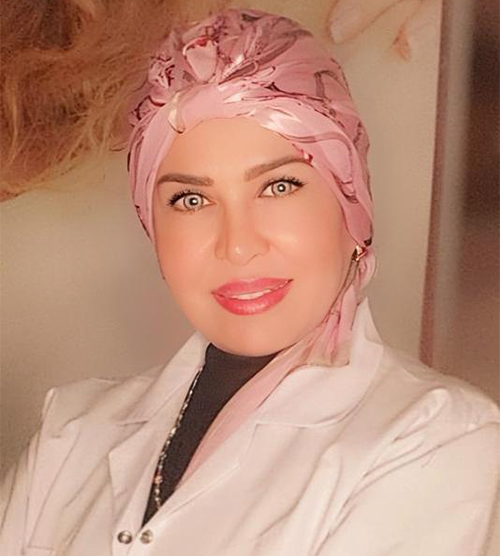
DR. IBTESAM SHEYA A. SHANEEN AL JABAWY
